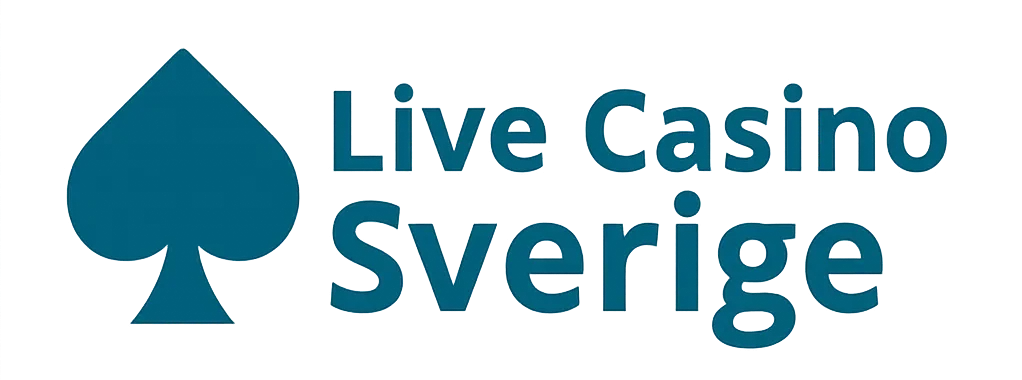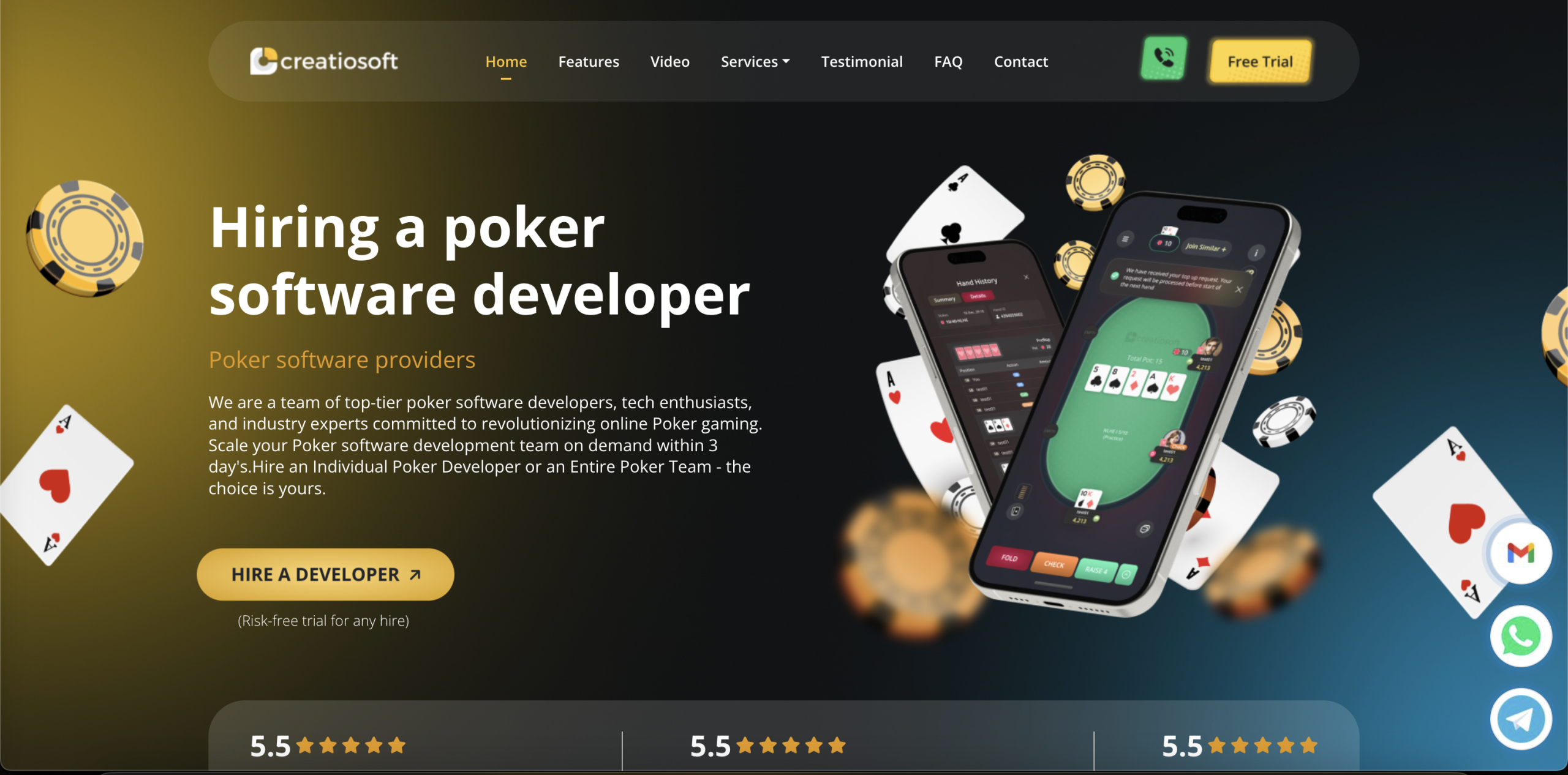Remember when poker was just a deck of cards, a table, and gut instinct? Well, those days are long gone. Today, poker software tools have transformed the game into a high-tech battleground—where algorithms and data crunching sit alongside bluffs and bad beats. Let’s dive into how these tools evolved, why they matter, and where they’re headed next.
The Early Days: Simple Stats and Hand Histories
In the early 2000s, online poker exploded—and with it came the first wave of software tools. These were rudimentary, sure, but revolutionary for their time. Think of them like the flip phones of poker tech: basic, but a game-changer compared to what came before.
Key early tools included:
- PokerTracker (2001): One of the first hand history trackers, letting players review past hands and spot leaks.
- Hold’em Manager (2007): Took things further with HUDs (Heads-Up Displays), showing real-time stats on opponents.
- Simple equity calculators: Tools like PokerStove let players calculate hand odds—no more guesswork.
Back then, just having a HUD gave you an edge. Now? It’s table stakes.
The Rise of Advanced Analytics
By the 2010s, poker software wasn’t just tracking hands—it was predicting them. Tools got smarter, faster, and way more sophisticated. Here’s what changed:
1. GTO Solvers Enter the Scene
Game Theory Optimal (GTO) solvers like PioSolver and GTO+ turned poker into a math problem. These tools could simulate millions of hands to find the “perfect” strategy—no human bias, just cold, hard probabilities.
Suddenly, players could study exact solutions for any spot. Want to know the optimal bluff frequency on a K♠7♦2♥ flop? The solver had your back.
2. Database Tools Got Scary Good
Software like Hold’em Manager 3 and DriveHUD didn’t just track stats—they analyzed them. Players could filter for specific scenarios (e.g., “How often does Villain fold to 3-bets from the SB?”) and exploit patterns instantly.
Databases grew from gigabytes to terabytes. If you weren’t reviewing your leaks, you were falling behind.
The AI Revolution: Poker’s New Frontier
Then came the bots. Not the clunky, easy-to-spot ones—AI-powered machines that could outplay pros. In 2017, Carnegie Mellon’s Libratus crushed top players in heads-up no-limit. Two years later, Pluribus did the same in 6-max games.
This wasn’t just a flex for computer scientists. It changed how humans studied the game:
- AI-coaching tools (e.g., Simple GTO Trainer) let players practice against near-perfect strategies.
- Real-time assistance (RTA) software blurred ethical lines—some tools could suggest moves mid-hand.
- Leak-finders used machine learning to pinpoint mistakes humans might miss.
Honestly, it got overwhelming. The gap between casual players and “solver grinders” widened fast.
Modern Tools: What’s Hot Right Now
Today’s poker software is like a Swiss Army knife—packed with niche features. Here’s what’s trending in 2024:
| Tool Type | Example | Why It Matters |
| AI Hand Review | GTO Wizard | Instantly analyzes your play vs. GTO benchmarks |
| Custom HUDs | Jurojin | Tailors stats to your specific game format |
| Mental Game Coaches | PokerMind | Tracks tilt patterns and focus levels |
| Multi-tabling Assist | StackAndTile | Optimizes screen space for 16+ tables |
And let’s not forget blockchain poker tools. With anonymous tables on sites like GG Poker, tools that track player tendencies via blockchain data are gaining traction.
The Dark Side: Cheating and Detection
Not all evolution is good. The rise of collusion rings and RTA bots has forced poker sites to fight back. Tools like:
- PokerFraudAlert (crowdsourced cheating reports)
- Site-specific bot detection (e.g., PokerStars’ “Fair Play” team)
It’s an arms race—and honestly, the bad guys often innovate faster.
Where’s It All Going?
Predicting the future? Tricky. But here are three likely trends:
- VR Poker Integration: Tools that analyze your physical tells in virtual reality games.
- Personalized AI Coaches: Think ChatGPT, but trained on your hand history and leaks.
- Regulation Battles: More sites may ban HUDs entirely, pushing tools underground.
One thing’s certain: poker will keep evolving. The question isn’t whether you’ll use tools—it’s which ones you’ll choose… and how they’ll change your game.




